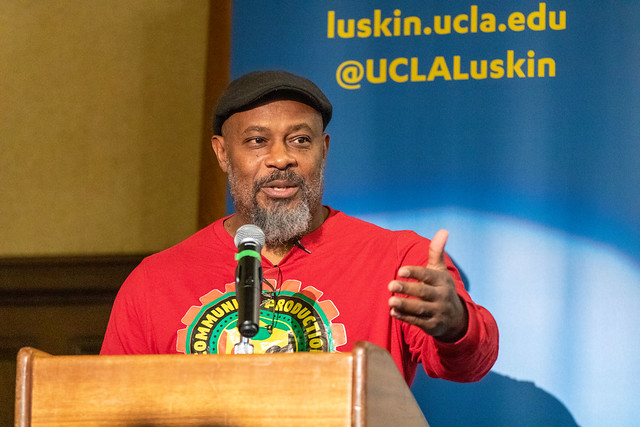A Tradition of Family Sacrifices in the Black Community
A house purchased on behalf of a grandniece in need of stability is the focus of a federal indictment of New York Attorney General Letitia James, who has pleaded not guilty. The case has resonated among many Black women in America who have stepped up to help loved ones experiencing hardship.
Research shows that many upwardly mobile Black women and men feel a steep cultural obligation to provide assistance to extended relatives, even at their own expense.
UCLA Luskin’s Jasmine D. Hill told the New York Times that the practice can be especially connected to one’s sense of identity in Black communities.
Hill’s research found that even those “on the verge of economic ruin themselves” sometimes provide significant financial support to immediate and extended relatives, pulling from emergency savings and emptying retirement accounts.
“Black families, and Black women particularly, have had to figure out ways to essentially be an unhonored social safety net in the United States,” said Hill, an assistant professor of public policy and sociology.

